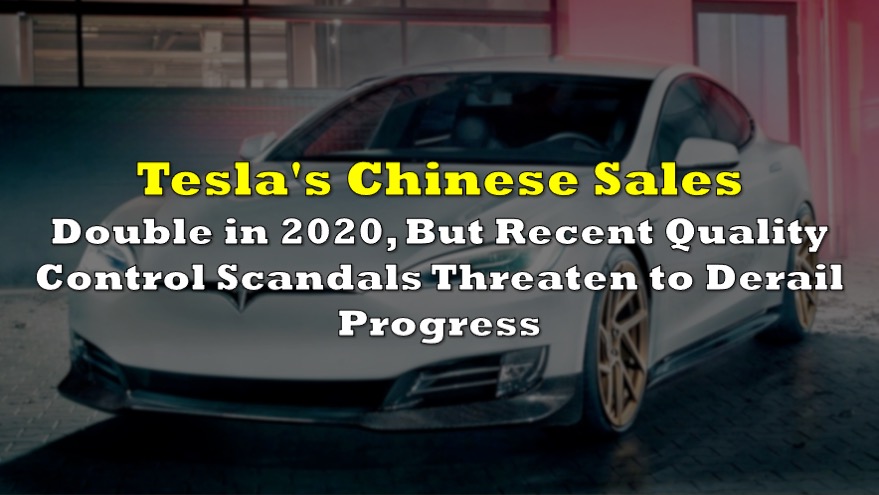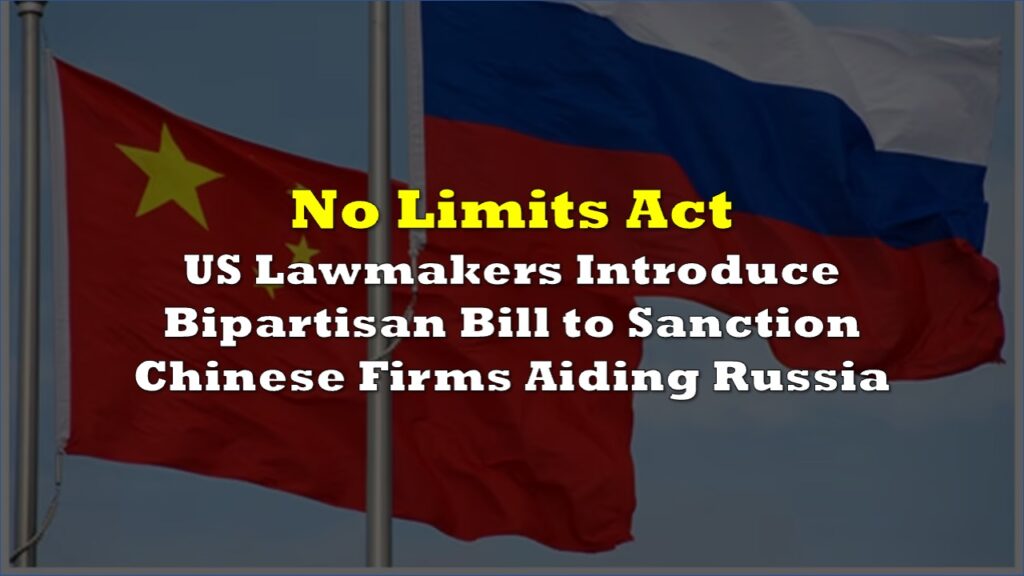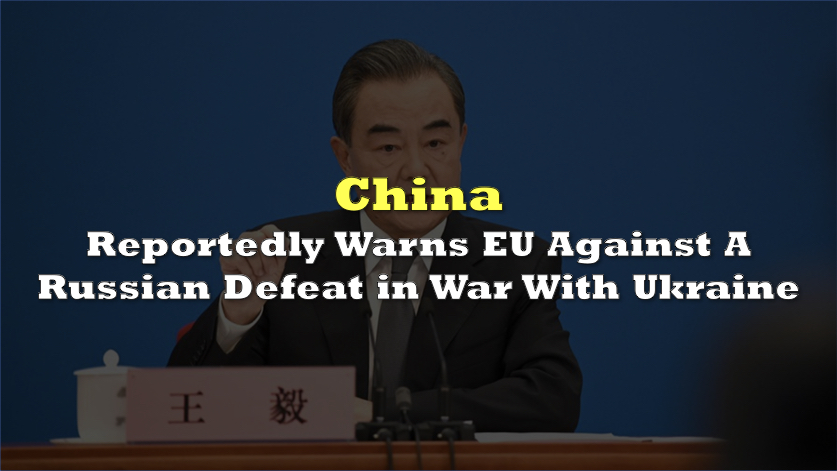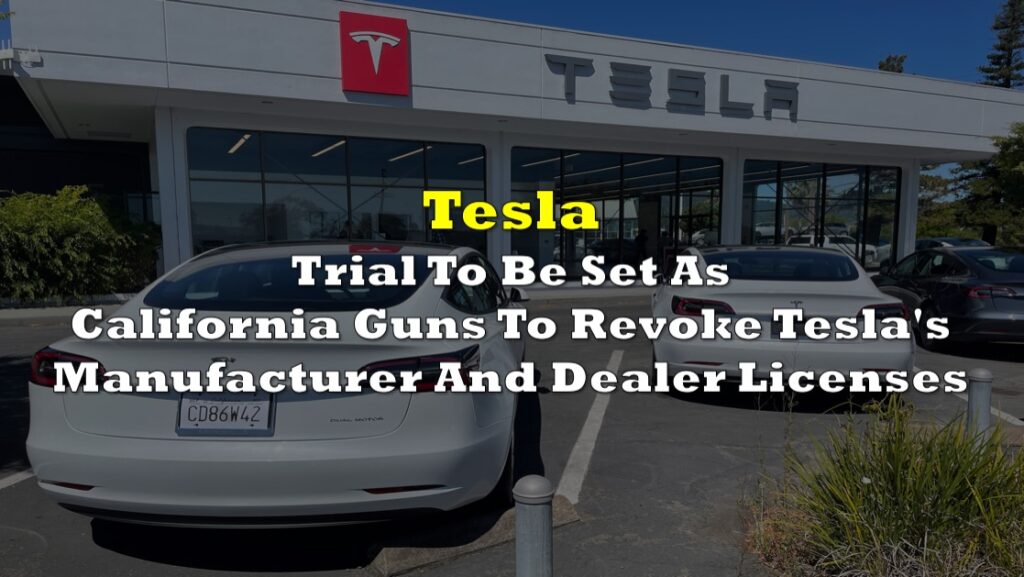Despite missing its profit projections for the sixth consecutive quarter in January, as well as failing to meet its 2020 delivery guidance, Tesla did manage to exceed its revenue expectations. However, nearly one-fifth of last years’s revenue stemmed from China, but now that the EV maker is facing regulatory scrutiny as well as a growing wave of impending recalls, Tesla’s cozy relationship with the communist country may soon be in peril.
According to a detailed financial report released on Monday, Tesla’s Chinese sales increased from $2.97 billion in 2019 to $6.66 billion in 2020. The carmaker’s sales in China accounted for approximately 21% of the EV company’s total revenues of $31.54 billion. Compared to the US, which is Tesla’s largest market, sales levels increased from $12.65 billion in 2019 to $25.21 billion last year.
Amid the escalating US-China trade war, Tesla began to deliver vehicles produced at its Shanghai Gigafactory in 2019, in a bid to increase its presence in the country’s lucrative auto market. The Chinese government has been supportive of Tesla’s ambitious EV plans at the factory, which also became the first wholly foreign-owned car plant in China. In fact, Tesla’s relationship with the communist government was becoming so friendly, that the automaker was even exempt from a 10% purchase tax, and will be able to enjoy lower taxes until the end of 2023.
However, since the beginning of 2021, Tesla has been at the forefront of several scandals, that are now threatening to derail the automaker’s relatively easygoing relationship with China. According to a report by Bloomberg, Tesla was recently summoned by several Chinese regulators regarding its allegedly poor quality control issues, following an onslaught of consumer complaints regarding unexpected accelerations, battery fires, and over-the-air software update failures. In response to the warnings, Tesla agreed to abide by Chinese regulatory law, and ensure that its vehicles meet quality and safety measures. The car company also agreed to investigate the consumer complaints.
In addition to the recent regulatory obstacles, Tesla’s strong 2020 sales results do not appear to be replicating in the new year. According to the China Passenger Car Association, the EV manufacturer’s sales levels suffered a significant drop, as less than 15,500 vehicles were sold in January, compared to the 23,800 units sold in December. As a result, several of Tesla’s competitors, including Nio and Xpeng, were able to narrow the gap in the country’s electric car market.

Information for this briefing was found via Tesla, Bloomberg, and the China Passenger Car Association. The author has no securities or affiliations related to this organization. Not a recommendation to buy or sell. Always do additional research and consult a professional before purchasing a security. The author holds no licenses.









